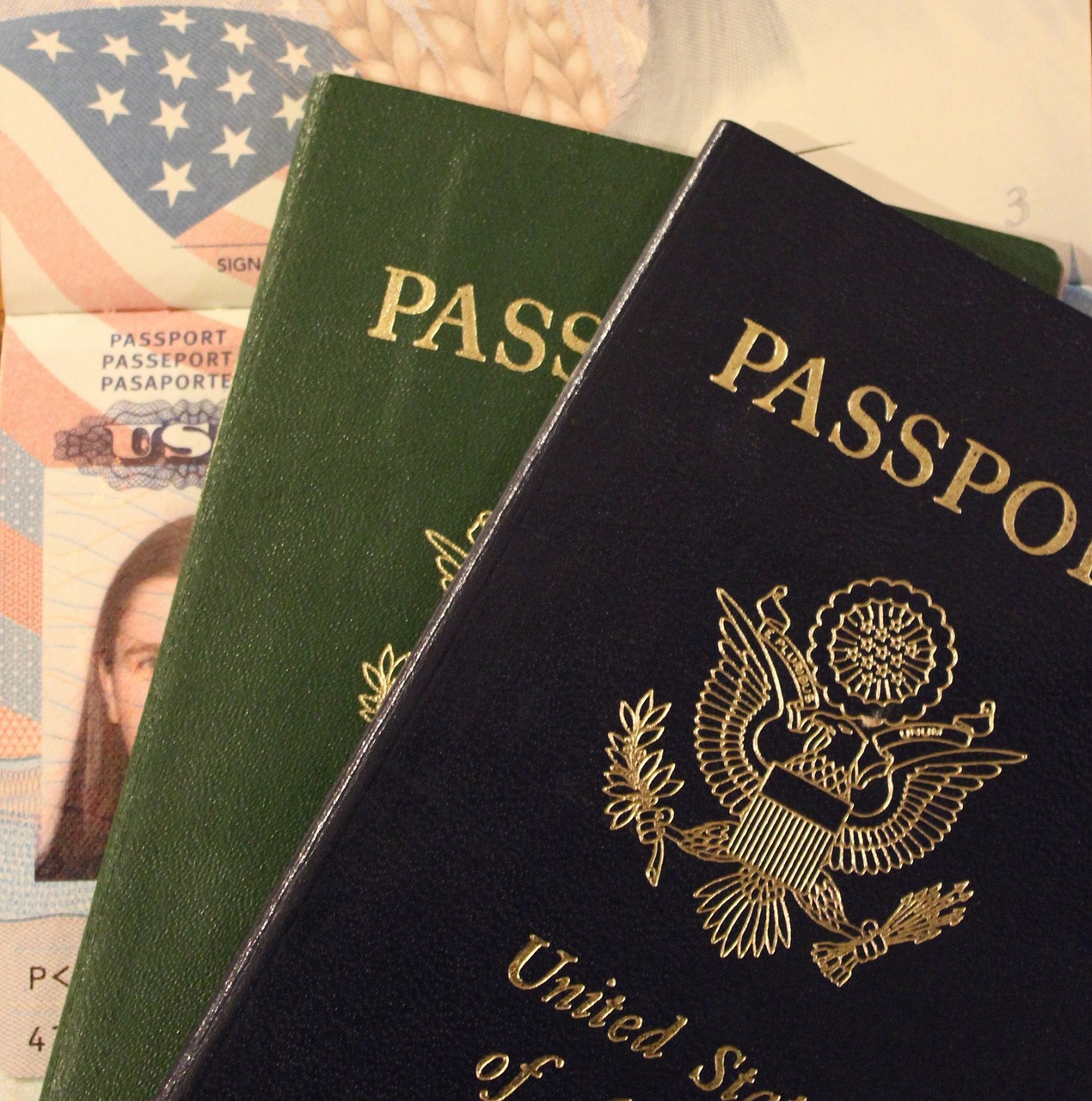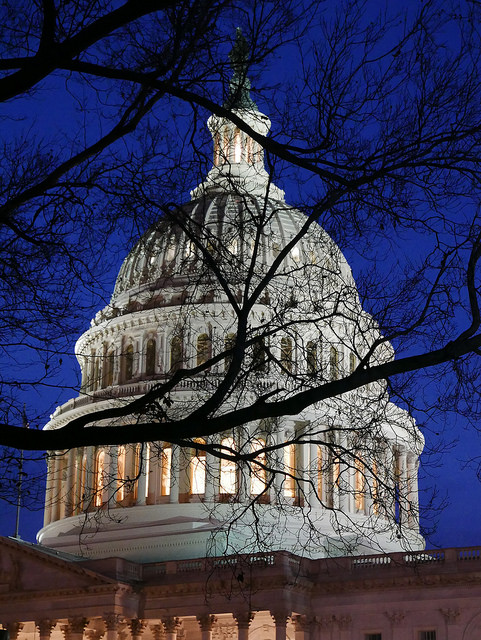In this post we discuss the top five most common reasons your adjustment of status application may be denied.
Financial Reasons
One of the requirements to receive adjustment of status in the United States is to prove that the petitioner (the U.S. Citizen or LPR spouse) has sufficient income or assets to support you based on the petitioner’s household size when filing the I-864 Affidavit of Support. The petitioner must meet at least 125% of the U.S. poverty guidelines in order to sponsor the beneficiary of the adjustment of status application. If the petitioner does not meet that income requirement, they may be able to use assets such as properties, a 401(k), mutual investment fund, ownership of stocks, ownership of two or more automobiles to supplement their income. However, if the petitioner will be using the value of their assets to supplement their income, the total value of the assets must be equal to at least three times the difference between the total household income and 125% of the U.S. poverty guidelines for their household size. For an example of how to use assets to supplement income, please review the I-864 affidavit of support instructions.
If the petitioner does not meet the income requirement and cannot supplement the shortage with their assets, they must obtain a joint sponsor who does meet 125% of the U.S. poverty guidelines based on their income. A joint sponsor can be anyone that is a U.S. Citizen or LPR that satisfies the poverty guidelines.
One of the most common reasons for a denial of the adjustment of status application is that the petitioner and/or joint sponsor does not meet the required income requirement. Failure to respond to a request for evidence with satisfactory evidence will mean a denial of the application, even before the couple gets to the interview stage.
Public Charge
If USCIS believes that the beneficiary will likely become dependent on the U.S. government for long-term care or financial support, the green card application will be denied. USCIS reviews the I-864 affidavit of support and income documentation closely to determine whether the beneficiary is likely to become a public charge. Factors that may be considered to make this determination include the total income of the petitioner, the joint sponsor, assets, resources, and general financial status at the time of filing.
 Visa Lawyer Blog
Visa Lawyer Blog













